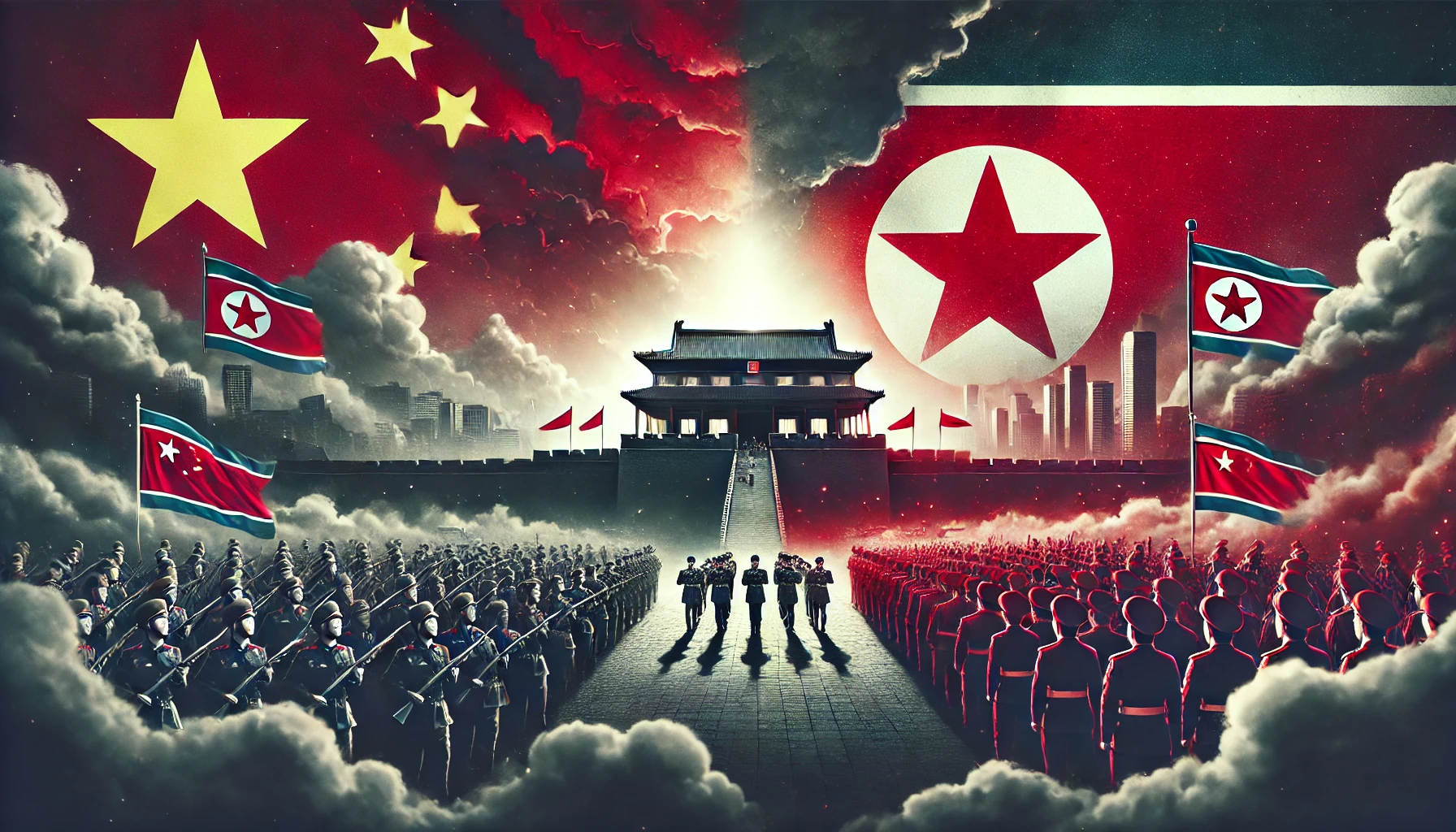The relationship between China and North Korea is often described as a complex and uneasy alliance. While the two nations have shared historical and ideological ties, their relationship is fraught with mistrust, strategic calculations, and diverging interests. Despite their public declarations of camaraderie, their alliance is more about necessity than genuine partnership.
Historical Foundations of the Alliance
The China and North Korea relationship dates back to the Korean War (1950–1953), when China intervened to prevent the collapse of the North Korean regime against U.S.-led United Nations forces. The war cemented a strategic bond, with China providing military and economic support to its smaller neighbor. The two countries even signed the 1961 Sino-North Korean Mutual Aid and Cooperation Friendship Treaty, which committed China to defend North Korea in the event of an attack.
However, this historical foundation does not imply a deep or unwavering friendship. Over the decades, both nations have pursued their own national interests, often leading to tensions and disputes.
China’s Strategic Interests in North Korea

China sees North Korea as both a liability and an asset. While Beijing is often frustrated by Pyongyang’s nuclear ambitions and erratic behavior, it continues to support the regime for several strategic reasons:
- Buffer State: North Korea serves as a geopolitical buffer between China and South Korea, where U.S. military forces are stationed. A unified Korea under Seoul’s leadership could bring American troops closer to China’s borders, a scenario Beijing wants to avoid.
- Regional Stability: A sudden collapse of the North Korean regime could trigger a humanitarian crisis, with millions of refugees potentially fleeing into China. Beijing prefers a stable, albeit problematic, North Korea over a chaotic one.
- Leverage Against the U.S.: China uses its relationship with North Korea as a bargaining chip in its broader geopolitical competition with the United States. By controlling trade and aid to Pyongyang, China exerts influence over the Korean Peninsula and maintains leverage in diplomatic negotiations.
North Korea’s Dependence on China
North Korea, in turn, relies heavily on China for economic survival. Despite international sanctions, China remains North Korea’s largest trading partner and a key source of food, fuel, and other essential goods. However, Pyongyang has always been wary of becoming overly dependent on Beijing, fearing that China could use its economic leverage to dictate North Korean policies.
Points of Contention Between the Two Nations

Despite their strategic alignment, tensions frequently arise in their relationship:
- Nuclear Weapons Program: China has repeatedly expressed concern over North Korea’s nuclear ambitions, fearing that it could lead to regional instability or provoke a conflict with the United States. Beijing has supported United Nations sanctions against North Korea, though often with reluctance and only when international pressure mounts.
- Border Disputes and Illegal Trade: There have been periodic disputes over border security and illicit trade between the two countries. North Korean defectors often try to escape through China, leading to diplomatic sensitivities.
- Kim Jong-un’s Independent Stance: Unlike his father, Kim Jong-il, North Korean leader Kim Jong-un has taken a more assertive and independent approach in foreign relations, sometimes resisting China’s influence and forging direct talks with the U.S. and South Korea without Beijing’s involvement.
The Future of the China–North Korea Relationship
While China and North Korea will likely maintain their alliance, their partnership remains one of mutual suspicion rather than trust. As China continues to rise as a global power, it may find North Korea more of a burden than an asset. However, Beijing is unlikely to abandon Pyongyang entirely, as the risks of doing so outweigh the benefits.
The relationship between China and North Korea is best described as a marriage of convenience—fraught with challenges but ultimately necessary for both parties. They remain bitter allies, bound by history but divided by ambition.





